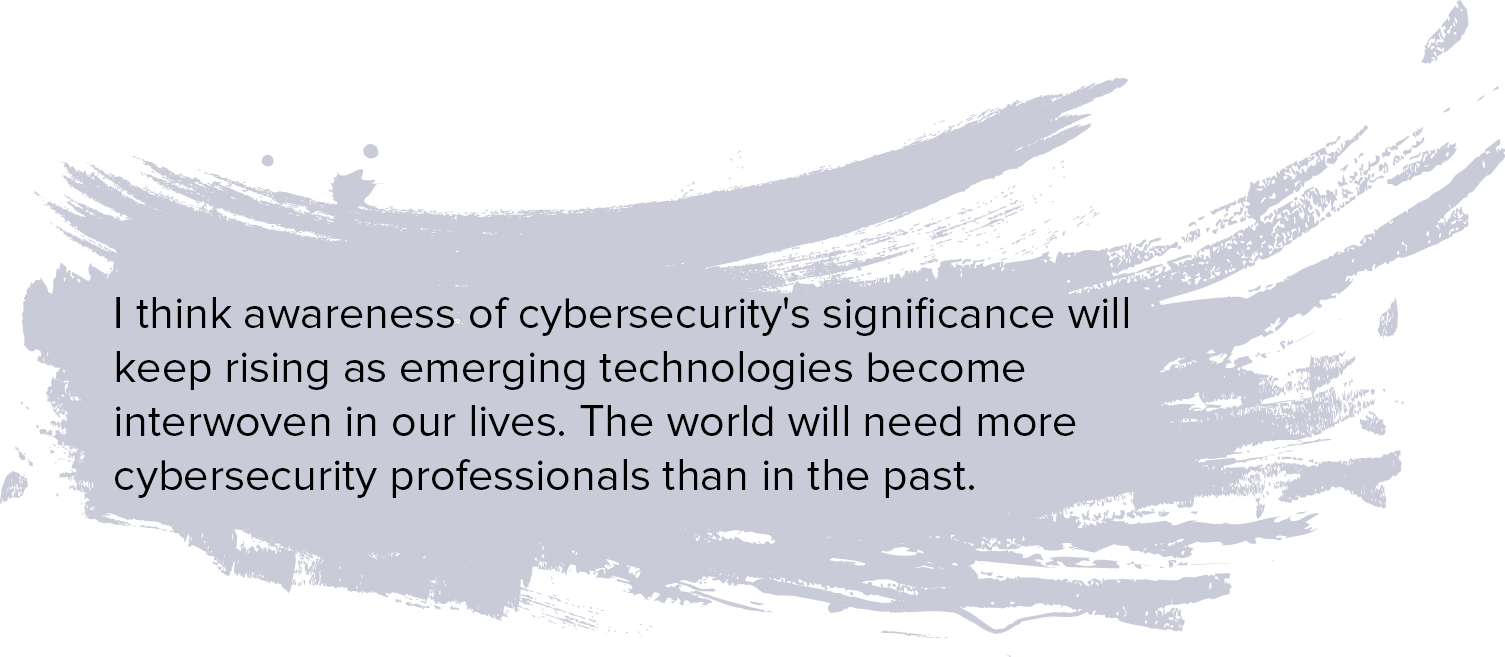Dana Al-Abdulla leads national cybersecurity government responsibilities and functions in the State of Qatar. With more than 16 years of experience in cybersecurity, she has contributed to many national initiatives, such as the establishment of the Qatar Computer Emergency Response Team (Q-CERT), working on improving the cybersecurity posture in Qatar with her expertise in incident response and penetration testing.… In addition, she has led the establishment of national information security compliance initiatives, fostering trust in the cybersecurity supply chain through establishing and supervising assurance programs. Dana is now leading national cyber governance initiatives, including cybersecurity strategy, national cybersecurity policies and standards, national cyber risks, and data privacy regulations.
Dana is a computer engineer and holds a Master’s degree from HEC Paris in Strategic Business Unit Management. She is certified as a GIAC Security Leadership Professional (GSLC) and a Global Industrial Cyber Security Professional (GICSP). Show more
Dana is a computer engineer and holds a Master’s degree from HEC Paris in Strategic Business Unit Management. She is certified as a GIAC Security Leadership Professional (GSLC) and a Global Industrial Cyber Security Professional (GICSP). Show more








